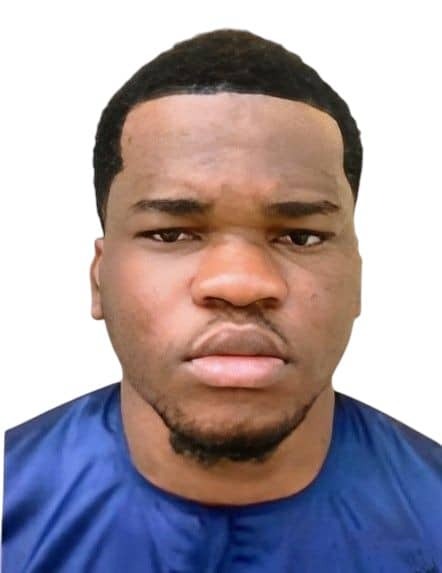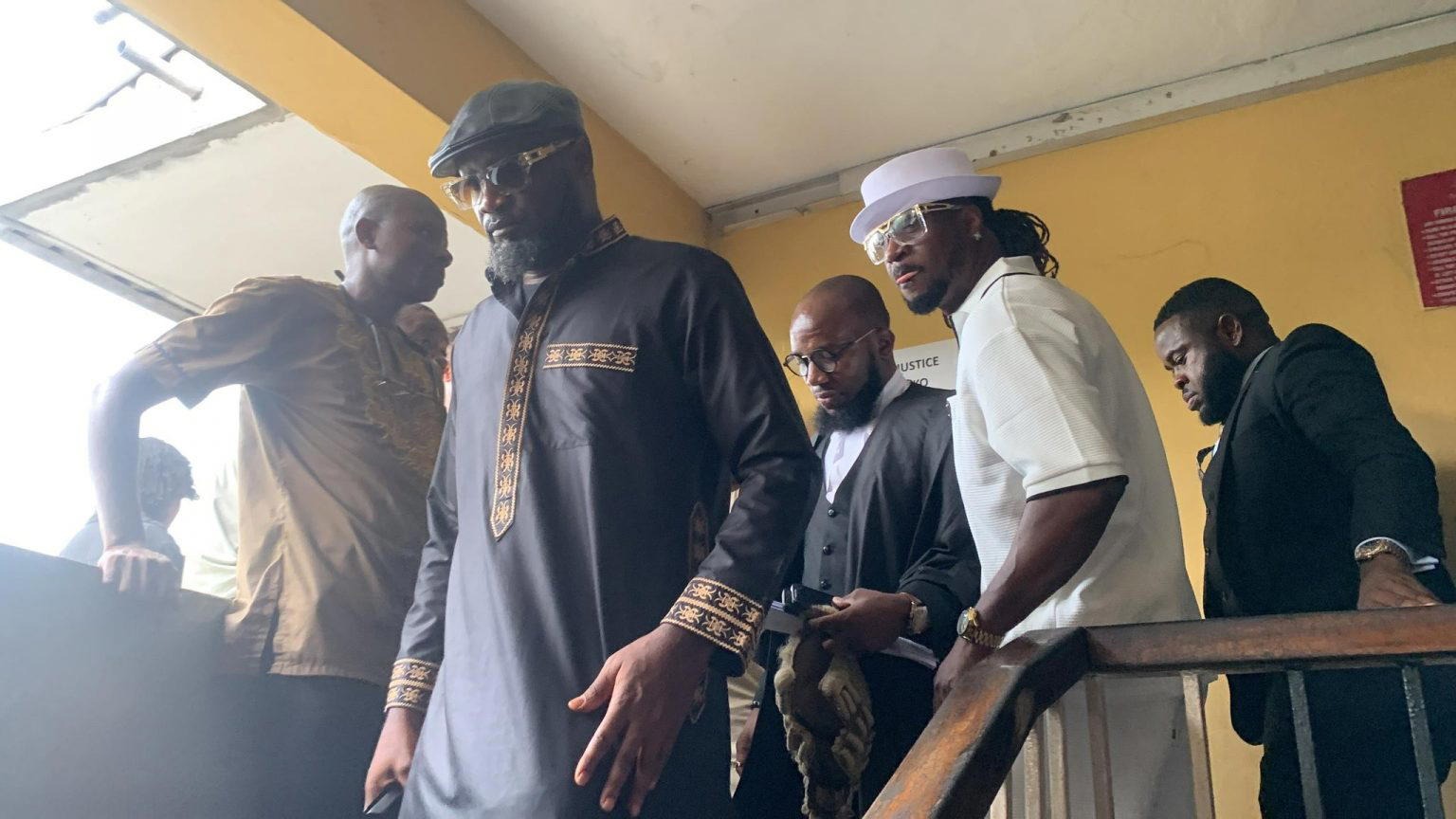Justice Alexander Owoeye of the Federal High Court, sitting in Ikoyi, Lagos, has convicted and sentenced a businessman, Uzondu Precious Chimaobi, to four years imprisonment for refusing to accept the Naira as legal tender. A statement by the Economic and Financial Crimes Commission (EFCC) stated that Chimaobi was arraigned on a two-count charge bordering on …





